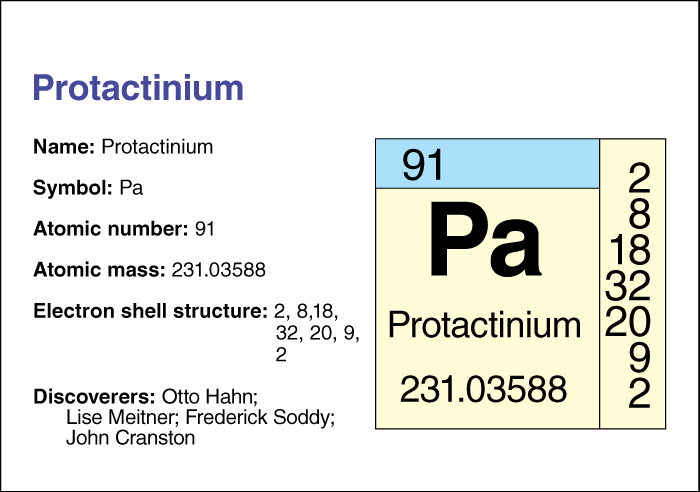Hahn, Otto (1879-1968), was a German chemist who discovered the process of nuclear fission (the splitting of the nucleus of an atom) in 1938. Scientists in the United States used Hahn’s discovery in developing the first atomic bomb in the early 1940’s.
Hahn and his associate, Fritz Strassmann, studied the effects of bombarding uranium with neutrons (atomic particles) (see Strassmann, Fritz ). They found that the bombardment changed some of the uranium to barium, an element much lighter than uranium. In 1939, the Austrian-born physicists Lise Meitner and Otto Frisch identified Hahn’s experiments as a splitting of the uranium atom. They named the process nuclear fission. See Meitner, Lise .
Hahn studied many radioactive substances. Between 1904 and 1907, he discovered new radioisotopes (radioactive forms) of the elements thorium and actinium. In 1917, he and Meitner were among the first to isolate the radioactive element protactinium (see Protactinium ). For his work with radioactive substances, Hahn won the 1944 Nobel Prize in chemistry.

Hahn was born in Frankfurt (am Main), Germany, on March 8, 1879. He received a Ph.D. degree from the University of Marburg in 1901. In 1912, he joined the staff of the Kaiser Wilhelm Institute for Chemistry in Berlin (now the Max Planck Institute for Chemistry in Mainz). He became its director in 1928 and president of the Kaiser Wilhelm Society (now the Max Planck Society) in 1946. He died on July 28, 1968.
See also Nuclear energy (Artificial fission) .
